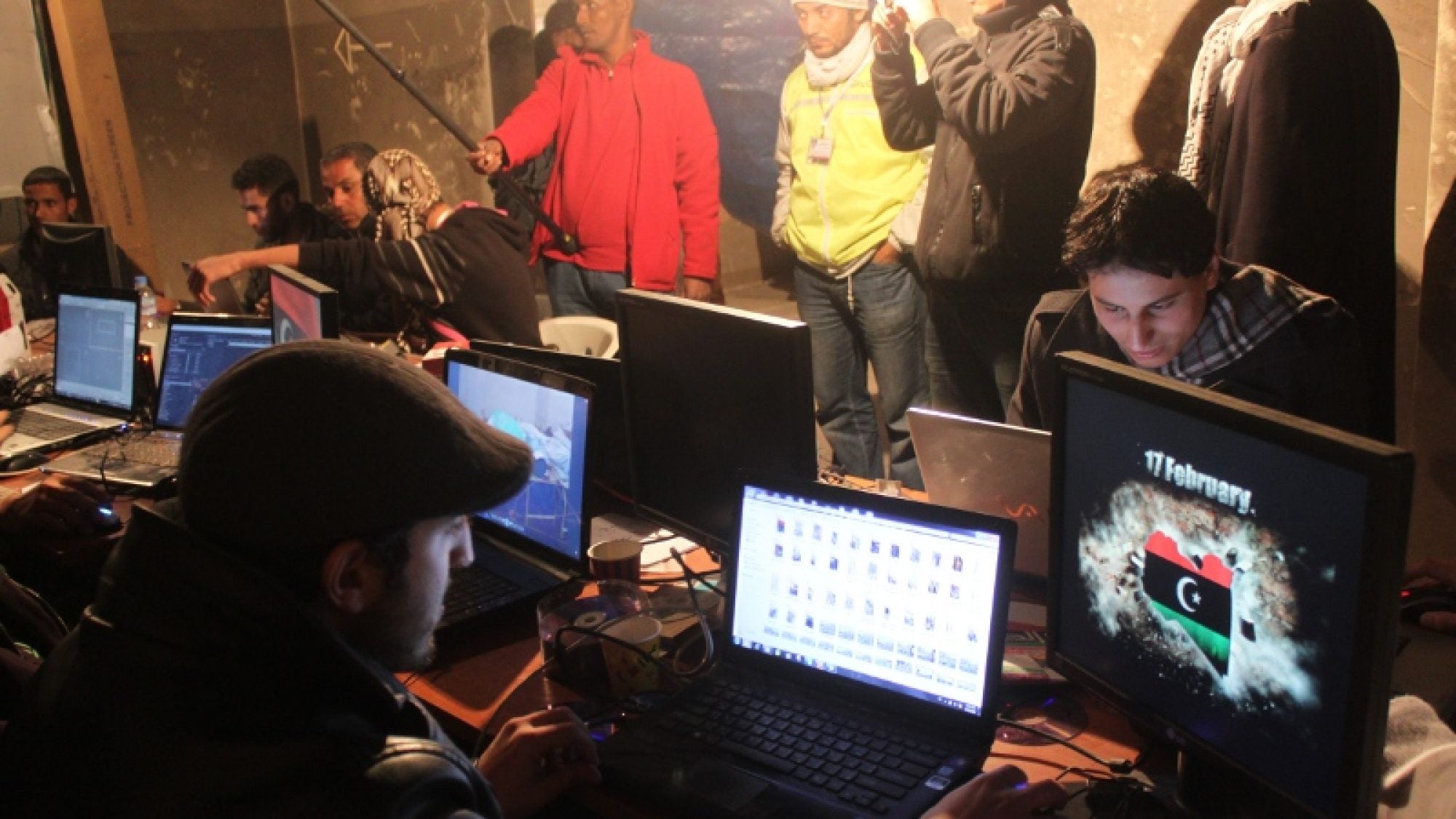The wide diffusion of the Internet in developed and developing nations has made it a key medium for political debate and activism. Social media tools like Facebook, Twitter, YouTube, WordPress, and other platforms can give individuals and small campaign groups a reach that was previously only available to much larger organizations. These sites were all used by campaigners for regime change in Egypt, Libya, Yemen, and Tunisia during the “Arab Spring.” They continue to play a role in events in Syria, Bahrain, and Iran. As German Foreign Minister Guido Westerwelle told a Berlin conference in September 2012, “The Internet offers new opportunities for advocates of freedom in authoritarian regimes to communicate with one another. It allows the online documentation of human rights violations that previously could be covered up. And it gives bloggers and activists the chance to raise their voice in societies where traditional media can be easily controlled.”
However, some repressive governments have developed sophisticated systems for monitoring and profiling online communications and activism, with extremely serious consequences for their political opponents, from harassment and arrest up to torture and death. Many of these systems are based on technology exported from democratic states with constitutional commitments to human rights. In its 2012 annual report, Freedom House found that 19 out of 47 countries surveyed had passed new laws since January 2011 restricting online speech, violating user privacy, or punishing individuals for objectionable or undesirable posts. (purchase article…)
Dr. Ian Brown is associate director of Oxford University’s Cyber Security Centre, where he has led several major research projects for the European Commission, OECD, and UK government. He has consulted for the U.S. Department of Homeland Security and a number of other public and private sector organizations. His next two books, both being published in March 2013, are Regulating Code (MIT Press) and Research Handbook on Governance of the Internet (Edward Elgar).
Image Credit: Al Jazeera English, CC BY-SA 2.0 <https://creativecommons.org/licenses/by-sa/2.0>, via Wikimedia Commons
This is an archived article. While every effort is made to conserve hyperlinks and information, GJIA’s archived content sources online content between 2011 – 2019 which may no longer be accessible or correct.

